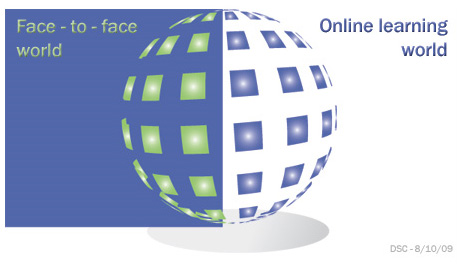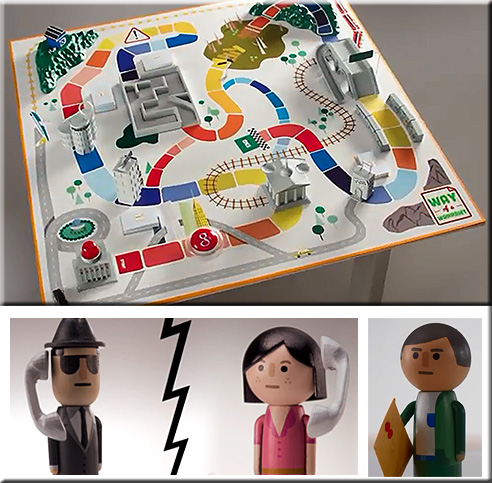Engaging ideas for designing learning videos — from Karl Kapp
Excerpt:
Here are some video techniques for creating a learning piece that caught my eye in terms of creativity and delivering a learning message. You may want to consider using some of these techniques for your own instructional design and delivery. It is always a good idea to mix up techniques to keep presentation styles fresh and engaging.
30 of the best apps for group project-based learning — from teachthought.com
Excerpt:
Project-based learning is a matter of identifying needs and opportunities (using an app like flipboard), gathering potential resources (using an app like pinterest), collecting notes and artifacts (with an app like Evernote), concept-mapping potential scale or angles for the project (using an app like simplemind), assigning roles (with an appp like Trello), scheduling deadlines (with apps like Google Calendar), and sharing it all (with apps like OneDrive or Google Drive).
With that in mind, below are 30 of the best apps for getting this kind of work done in the classroom, with an emphasis on group project-based learning apps for both Android and iPad (and even a few for plain old browsers).
11 ways to create learning experiences that work — from dashe.com by Ben Nesvig
Excerpt:
The list of recommendations for creating better learning experiences is by no means a complete list (if I’m missing any, please share them in the comments). Every recommendation might not be right for your specific situation, but as a general rule, they will help you create better learning experiences.
Incorporating Social — from clomedia.com by Katie Kuehner-Hebert
Once companies decide how social learning should take place, it’s important to fully integrate it into an organization’s overall learning strategy.
Excerpt:
Collaboration on social platforms can be enhanced if employees also have the chance to interact in person. Puttaswamy said one of Saba’s global clients gathered hundreds of its employees in one location for an “idea jam.” “Then they followed up with informal interaction. The results were really amazing,” he said. “They shared a number of ideas that were implemented, and the informal content was used to enhance their formal content.”
John Seely Brown on motivating learners (Big Thinkers Series) — from edutopia.org; the video in this pieces was published on Mar 6, 2013
Innovative thinker John Seely Brown, known for his ideas for merging digital culture and education, shares lessons educators can learn from surfers, gamers, and artists on how passion and competitive hunger can drive intrinsic motivation.
Introducing Coursera Learning Hubs: Global Participation, Local Access and Support! (back from 10/31/13)
Excerpt (emphasis DSC):
At Coursera, we envision a future where everyone has access to a world-class education. We strive to create and deliver experiences that break down daily barriers that stand in the way of successful learning. Today, in support of our goals, we’re delighted to announce a new initiative- Coursera Learning Hubs – that will offer people around the world physical spaces where they can access the Internet to take a Coursera course, while learning alongside peers in an interactive, facilitated setting. All for free.
From DSC:
This idea of learning hubs — where some of the learning content is beamed in synchronously or asynchronously and where other parts of the learning experience is worked through via a group of people in the same physical location — continues to pick up steam and seems to combine the best of both worlds:

What’s your learning philosophy? — from facultyfocus.com by Maryellen Weimer
Excerpt:









